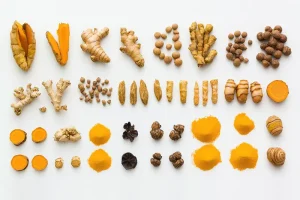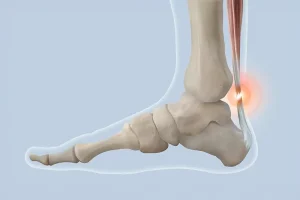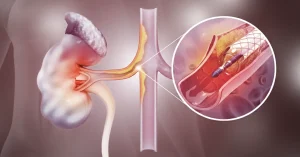Joint pain, stiffness, and reduced mobility can significantly affect daily life, especially as we age. Fortunately, nature offers remarkable solutions for joint protection and cartilage support. Certain vegetables contain active compounds that can help regenerate cartilage and lower joint inflammation when included regularly in your diet. Discover three vegetables that, according to recent research, can quickly and effectively benefit joint health.
Broccoli: Natural Cartilage Protection
Broccoli is widely recognized as a superfood because of its rich content of sulforaphane, an antioxidant and anti-inflammatory compound. Research suggests that sulforaphane may help slow cartilage breakdown in conditions like osteoarthritis. Broccoli also provides vitamin K, which plays an important role in maintaining healthy bones and joints.
How to enjoy it: Steam lightly or add to soups to keep its beneficial nutrients intact.
Red Onion: Anti-Inflammatory and Cell Regeneration
Red onions are packed with quercetin, a powerful flavonoid known for its strong anti-inflammatory effects. Quercetin can help reduce chronic joint inflammation and may slow cartilage wear over time. The sulfur found in onions further supports collagen production, an essential component of healthy cartilage.
Tip: Eat onions raw in salads or as a fresh topping to maximize their health benefits.
Carrots: Source of Beta-Carotene and Nutrients for Cartilage
Carrots are well-known for their high beta-carotene and vitamin A content, which support cell regeneration and protect cartilage tissue. The fiber and natural compounds in carrots help maintain cartilage flexibility and assist in repair after wear and tear.
Best way to eat: Fresh in salads, grated, or juiced to absorb nutrients quickly.
Additional Vegetables That Support Cartilage Repair
Spinach: Rich in antioxidants, lutein, zeaxanthin, and vitamin K, spinach supports bone density and joint mobility. Magnesium and calcium help maintain flexible and healthy cartilage. Enjoy it raw in salads or smoothies, or lightly cooked.
Garlic: Contains allicin, which provides anti-inflammatory and antimicrobial benefits. Garlic can help reduce joint inflammation and aid in natural detoxification. Add raw garlic to dishes or use it at the end of cooking.
Cabbage: Packed with glucosinolates and vitamin C, cabbage helps lower inflammation and supports collagen production. It also helps cleanse the synovial fluid that keeps joints lubricated.
Cucumber: High in water and silicon, cucumbers help hydrate joints and support collagen health. They also aid detoxification and ease inflammation.
Bell Peppers: Especially red peppers are rich in vitamin C, beta-carotene, and capsaicin, all known to help protect cartilage and ease joint discomfort.
Conclusion
A balanced diet filled with fresh, antioxidant-rich vegetables can help slow cartilage degeneration and encourage regeneration over time. Combining these vegetables with an active lifestyle, proper hydration, and supplements like collagen or chondroitin may bring visible improvements to joint health.
If you experience persistent joint pain or want to learn more about how diet supports joint care, book a consultation with one of our specialists.











